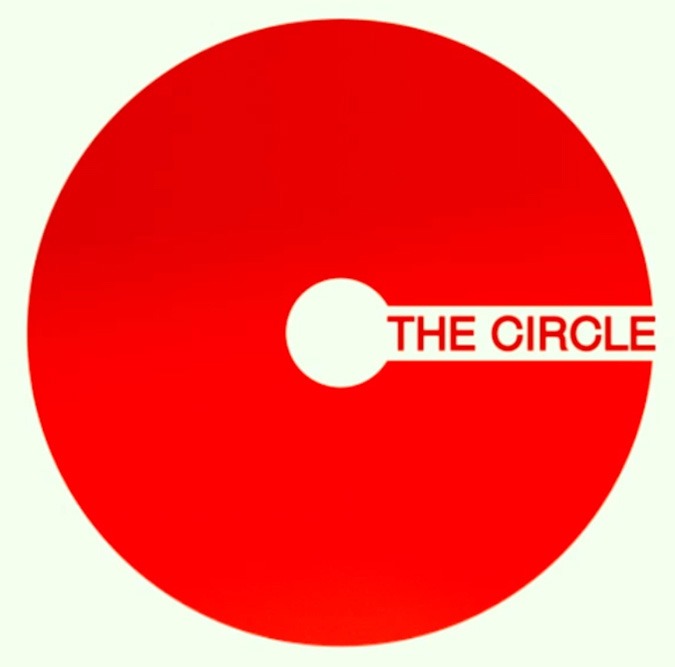Guest Post by Paul Craig Roberts
CNN is happy to report more bad news that can help the presstitutes unseat President Trump:
“Mass unemployment. Surging bankruptcies. An unprecedented health crisis. It’s going to be really ugly. Here come the big bank earnings.” https://www.cnn.com/2020/07/13/investing/bank-earnings-recession/index.html
The report has interesting information that CNN doesn’t seem to have noticed. CNN reports that banks are in trouble because of low interest rates. But don’t banks pay low interest rates and charge high rates? Interest on credit card balances is 19%, and if you miss a payment the interest rate can rise to 29%.





